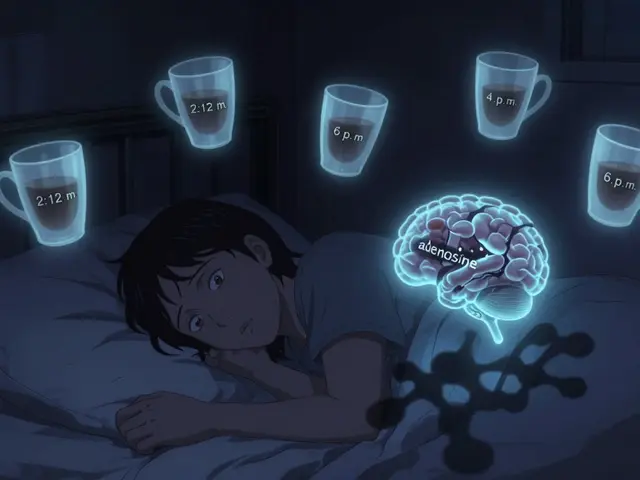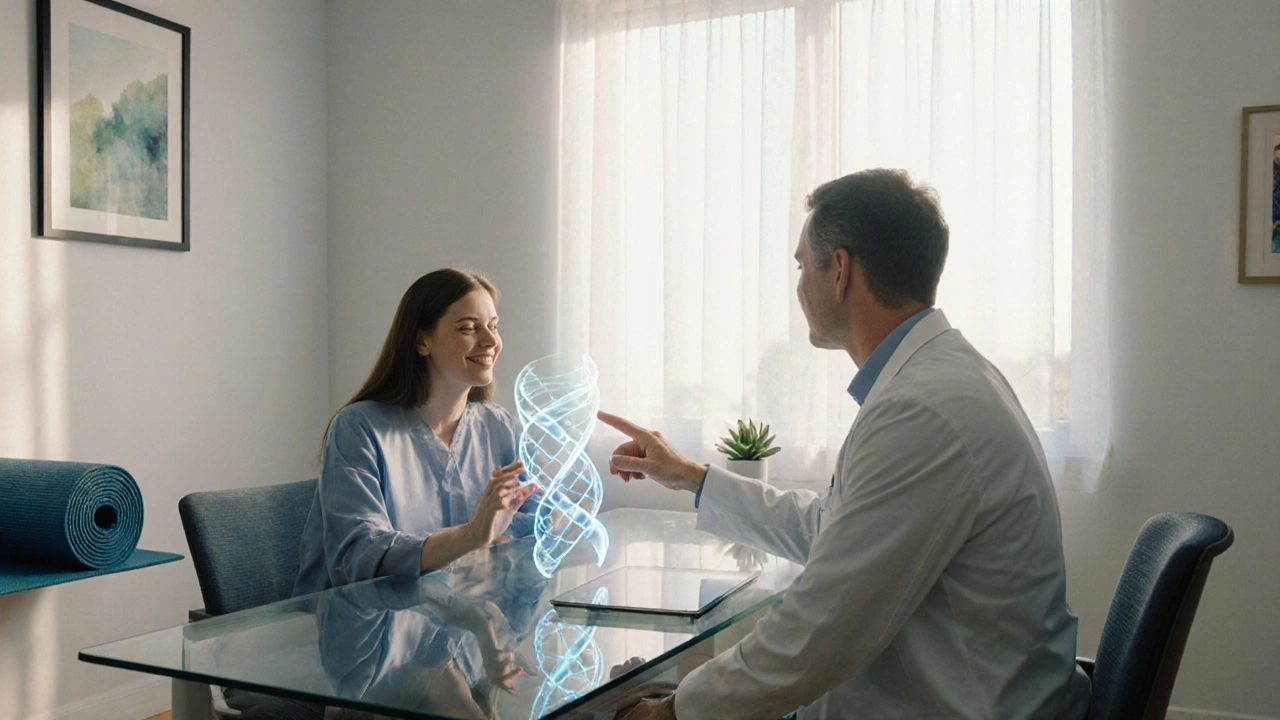Chromosome-Positive Lymphoblastic Leukemia: Causes, Treatments, and Genetic Insights
When doctors talk about chromosome-positive lymphoblastic leukemia, a subtype of acute lymphoblastic leukemia driven by a specific genetic abnormality. Also known as Ph+ ALL, it occurs when parts of chromosomes 9 and 22 swap pieces, creating the Philadelphia chromosome, an abnormal fusion gene called BCR-ABL1 that tells blood cells to grow uncontrollably. This isn’t just a label—it’s a key that unlocks targeted treatment options most other leukemia types don’t have.
Unlike older chemo-only approaches, today’s treatment for chromosome-positive lymphoblastic leukemia often starts with drugs like imatinib or dasatinib, which block the faulty protein made by the Philadelphia chromosome. These are called tyrosine kinase inhibitors, and they’ve turned what was once a death sentence into a manageable condition for many. But it’s not just about one drug. Doctors now combine them with chemo, immunotherapy, or even stem cell transplants based on how the cancer responds. Genetic testing doesn’t just confirm the diagnosis—it helps decide which drug to use, when to switch, and whether a transplant is needed. This is precision medicine in action: your DNA guides your treatment.
People with this form of leukemia often need regular blood tests and bone marrow checks to track the level of cancer cells. Even after remission, some stay on targeted therapy for years to keep the disease in check. Side effects like fatigue, nausea, or low blood counts are common, but they’re usually less severe than with traditional chemo. Research is moving fast: new drugs like ponatinib work even when older ones stop working, and clinical trials are testing combinations that might one day cure more patients without needing a transplant.
What you’ll find in the posts below isn’t just theory—it’s real-world advice from people who’ve lived this, doctors who’ve treated it, and data that shows what actually works. You’ll see how genetic testing helps pick the right meds, how side effects are managed, and what newer treatments are changing the game. Whether you’re a patient, a caregiver, or just trying to understand the science, these posts give you the facts without the fluff.
Holistic Healing Benefits for Chromosome-Positive Lymphoblastic Leukemia
Explore how holistic healing-acupuncture, mindfulness, nutrition, and safe herbs-can boost quality of life and support treatment for chromosome-positive lymphoblastic leukemia patients.
About
Health and Medicine
Latest Posts
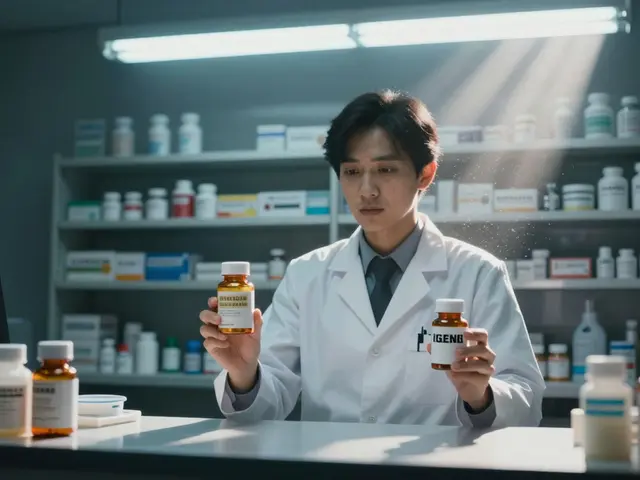

Art Therapy’s Impact on Treating Bulimia Nervosa
By Orion Kingsworth Sep 29, 2025
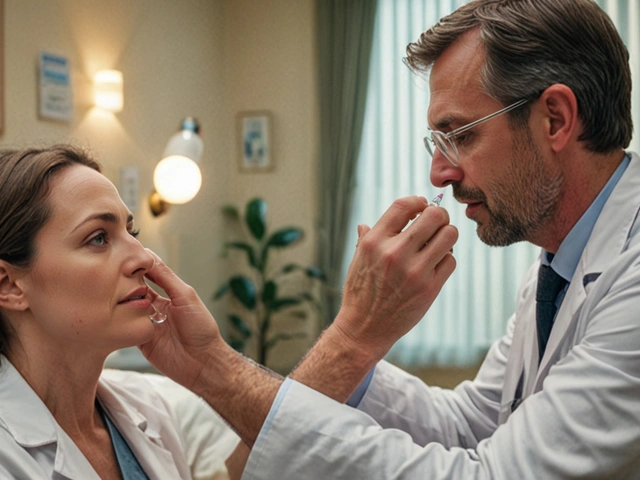
The Role of Loteprednol in Treating Ocular Cancer: A Detailed Analysis
By Orion Kingsworth Jul 9, 2024
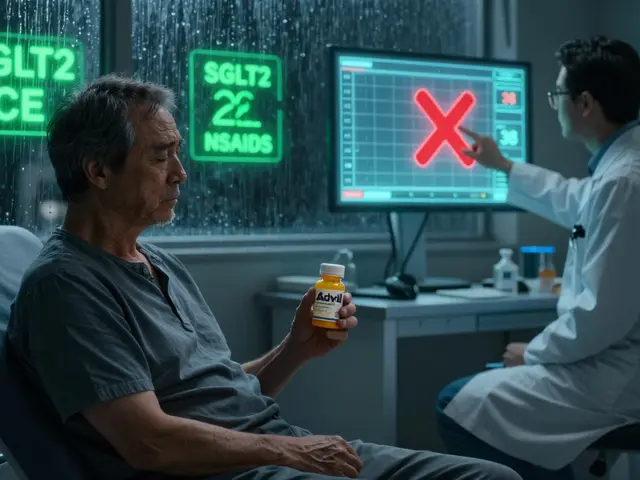
Medication Safety in Kidney Disease: How to Dose Drugs Correctly and Avoid Nephrotoxins
By Orion Kingsworth Jan 4, 2026
